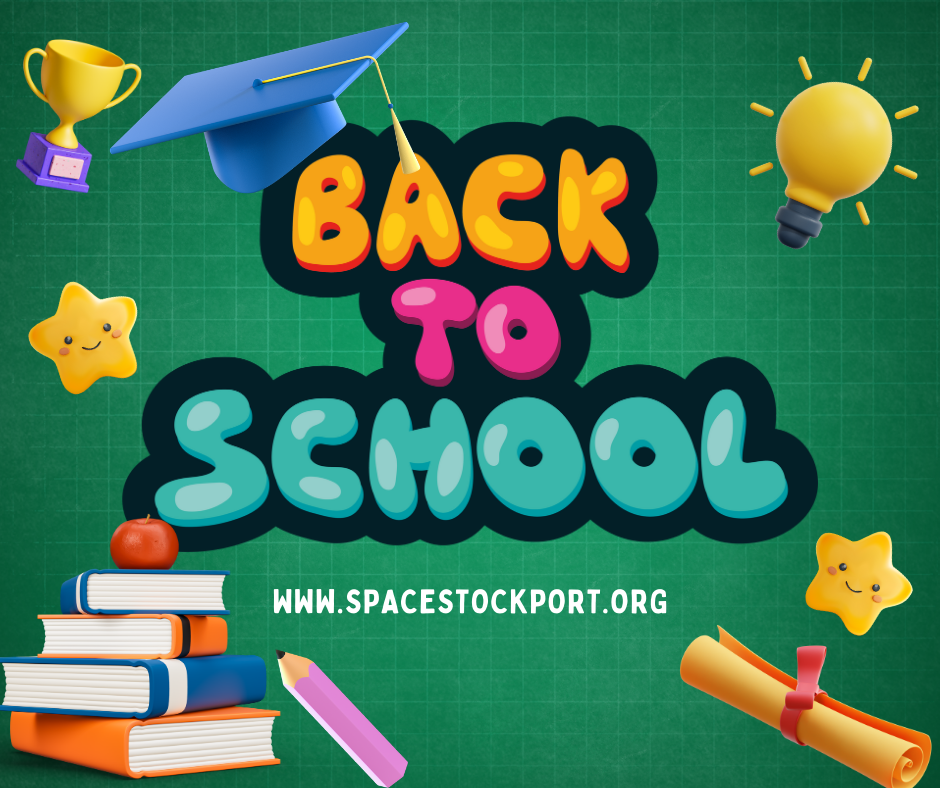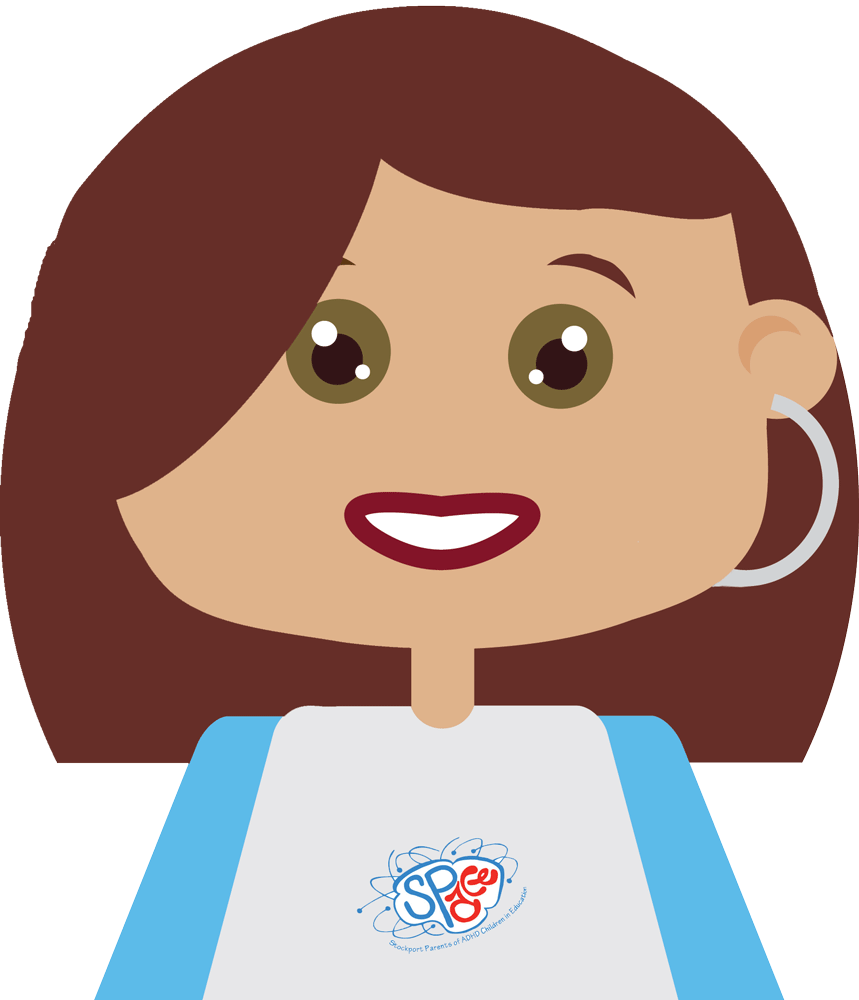The summer break has flown by and the new school year has started. Whether you’ve had a great summer or it’s been a difficult few weeks, if you’re parenting a child with ADHD, you are very welcome to join us at the Dog and Partridge on Tuesday 9th September between 7.00 pm and 9.00 pm.

Address:
The Dog and Partridge
272 Buxton Road (The A6)
Great Moor
Stockport
SK2 7AN
The dates for the rest of our 2025 parent and carer meet ups are available so that you can add them to your diary.










